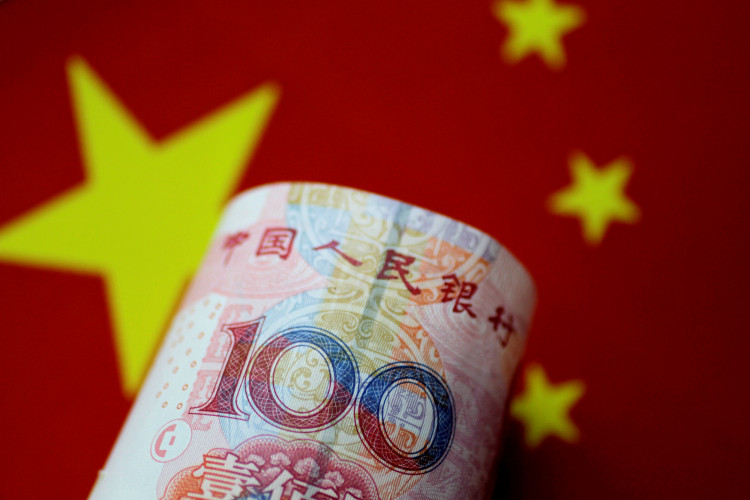The ongoing trade war between China and the United States, two of the world's top superpowers, is starting to tax each other's economy. Recent reports revealed that China is planning to print more money in order to manage the massive tariffs slapped by the U.S. against the country's goods. By adopting this strategy, China should be able to loosen its monetary policy which in turn can boost domestic demand and ultimately offset the negative repercussions of the tariffs.
Former deputy director of China's Central Policy Research Office Zheng Xinli said that the country should adopt various monetary policies that will boost domestic demands. By doing so, China can somehow mitigate the effect of the trade war by offsetting it through domestic sales. Based on recent data, it would appear that the trade war has directly hit China's export industry.
During a seminar at the Renmin University of China, Mr. Zheng describes China's new strategy as a "prudent monetary policy."
Top Chinese officials have already said that they will refocus the country's fiscal policies in order to be more proactive. By doing so, they believe that it will accelerate spending on infrastructure projects and will also encourage local institutions to issue bonds.
Despite this, data revealed that the Chinese banking sector is still largely restrained when it comes to lending. This is a stark contrast compared to what is common practice more than a decade ago when banks can essentially pump money into the public in order to maintain the stimulus program. Because of this, Mr. Zheng believes that Beijing should have a firm stance when it comes to printing money in order to offset the negative effects of the trade war.
Mr. Zheng argued that China should stop playing coy and instead be more aggressive. He believes that the country's banking system and current monetary policies should help the country in terms of coping with the current trade war before it comes to a point when it is no longer controllable.
Recently, United States President Donald Trump decided to slap an additional set of tariffs against various Chinese goods. The new tariffs will cost an additional $200 billion on top of the initial $50 billion tariffs which the U.S. levied during the onset of the trade war. The new set of tariffs is expected to take effect as soon as Monday next week.






